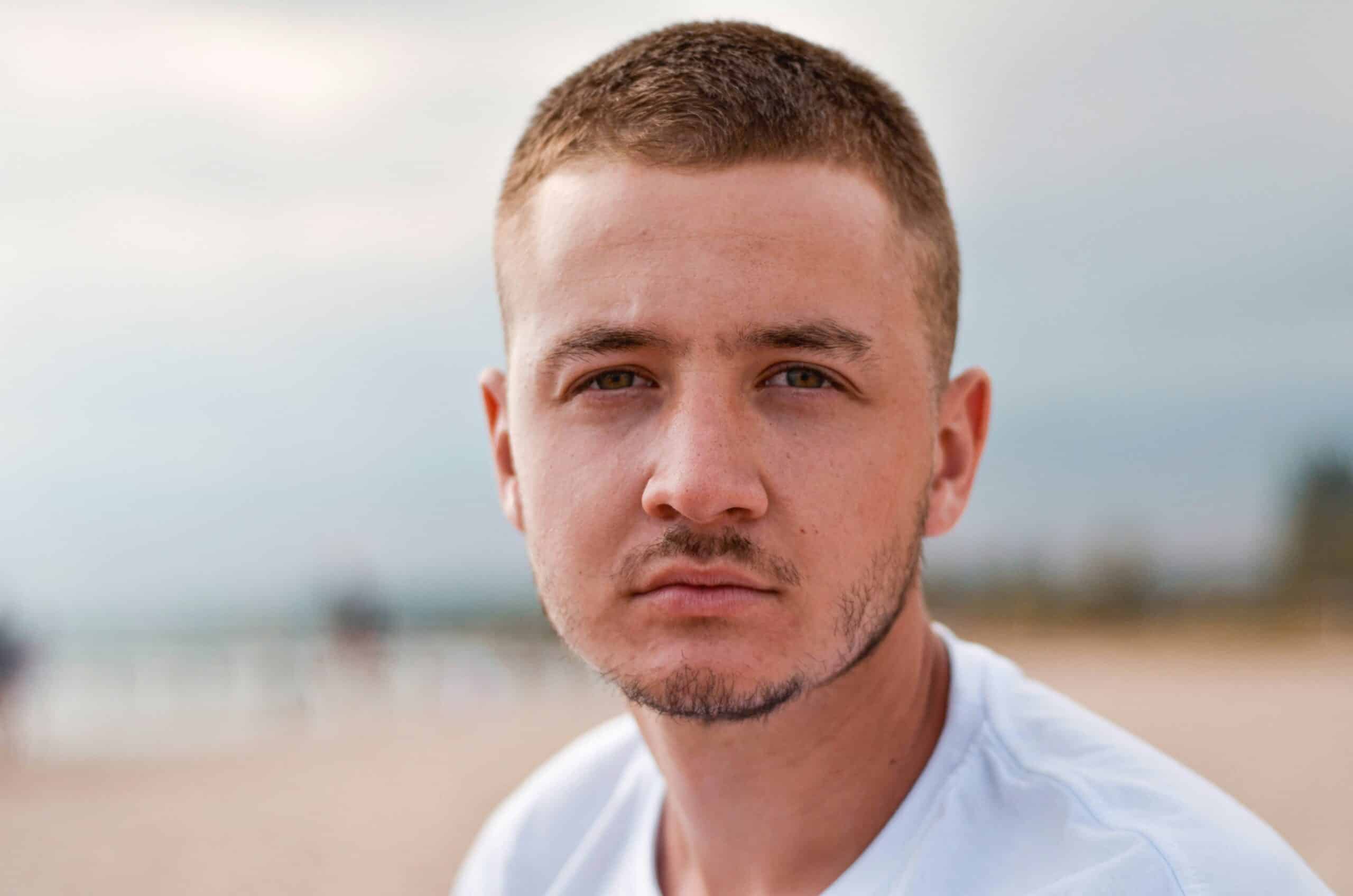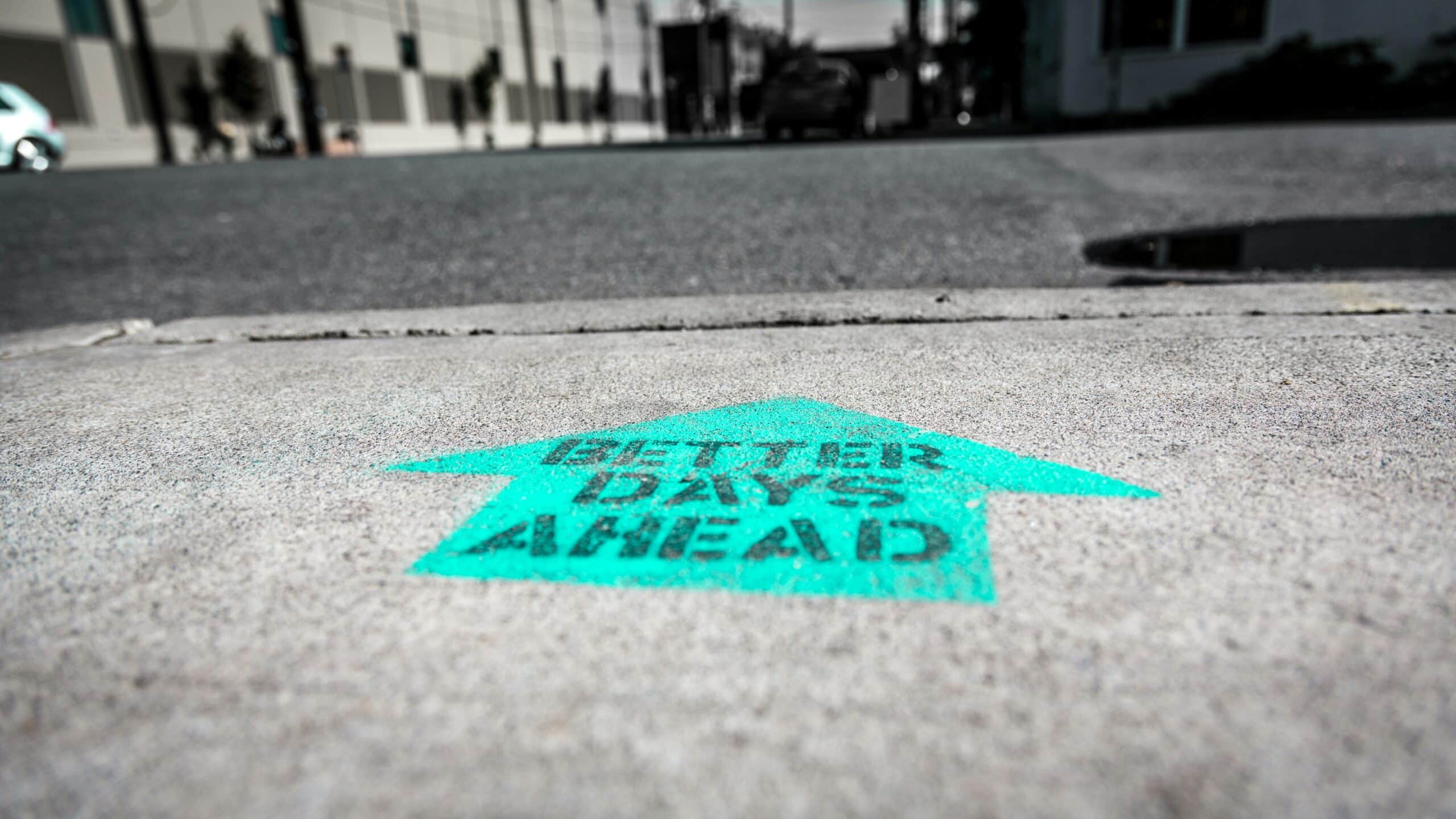1. Marijuana
Without a doubt, Marijuana is clearly one of the most used drugs on college campuses. In fact, approximately 5.9% of college students report using marijuana on a daily basis. Many more use it occasionally, which means that the use of marijuana on college campuses is higher today than it has been in more than three decades.
2. Adderall
Adderall is a stimulant that is sometimes known as the “study drug” for its popularity in helping students cram for last-minute finals or exams, and it’s also one of the most used drugs on college campuses. While Adderall can be used appropriately for those with ADHD, many college students are abusing the prescription medication. College students are twice as likely to abuse Adderall as individuals in the same age range who aren’t in college, but this puts them at risk for symptoms like depression, irritability, headaches, a loss of appetite, dry mouth and insomnia.
3. Ritalin
Another of the most used drugs on college campuses is a prescription drug called Ritalin, which is similar to Adderall. This drug is typically prescribed for children who suffer from either narcolepsy or ADHD, but college students use it for focus and energy when studying. Unfortunately, taking Ritalin without a proper diagnosis and prescription can be incredibly harmful. A few of the most common side effects include a fast or irregular heartbeat, hallucinations, uncontrollable twitching, fever, dizziness and loss of appetite.
4. Prescription Painkillers
Prescription painkillers that contain opiates, such as OxyContin or Percocet, are incredibly addictive and dangerous medications that can lead to major problems for college students. On college campuses, these opiate prescriptions are often taken for the high they offer, and they are sometimes combined with alcohol. Along with being highly addictive and akin to heroin in makeup, opiate-based prescription painkillers can lead to side effects like nausea, dry mouth and sweating.
5. Ecstasy
Another of the most used drugs on college campuses is ecstasy, which also goes by names like MDMA and Molly. Lasting for roughly four to six hours, ecstasy pills are psychedelic and stimulate the nervous system. However, ecstasy can also result in paranoia, depression, insomnia and even severe dehydration that can be fatal. If you or a college student in your life is struggling with a drug addiction, call 866.704.7692 to learn more about recovery and treatment options at Lakeview Health in Jacksonville, Florida.




